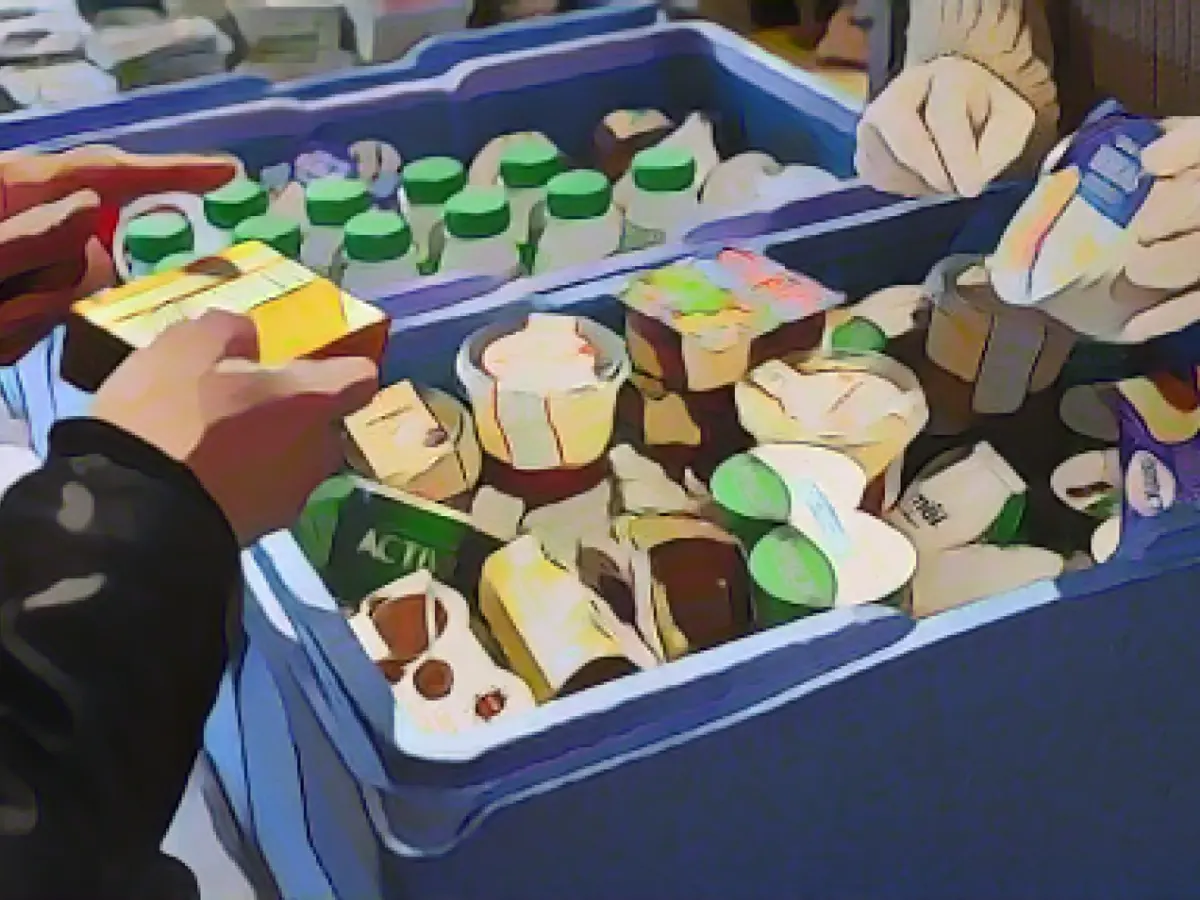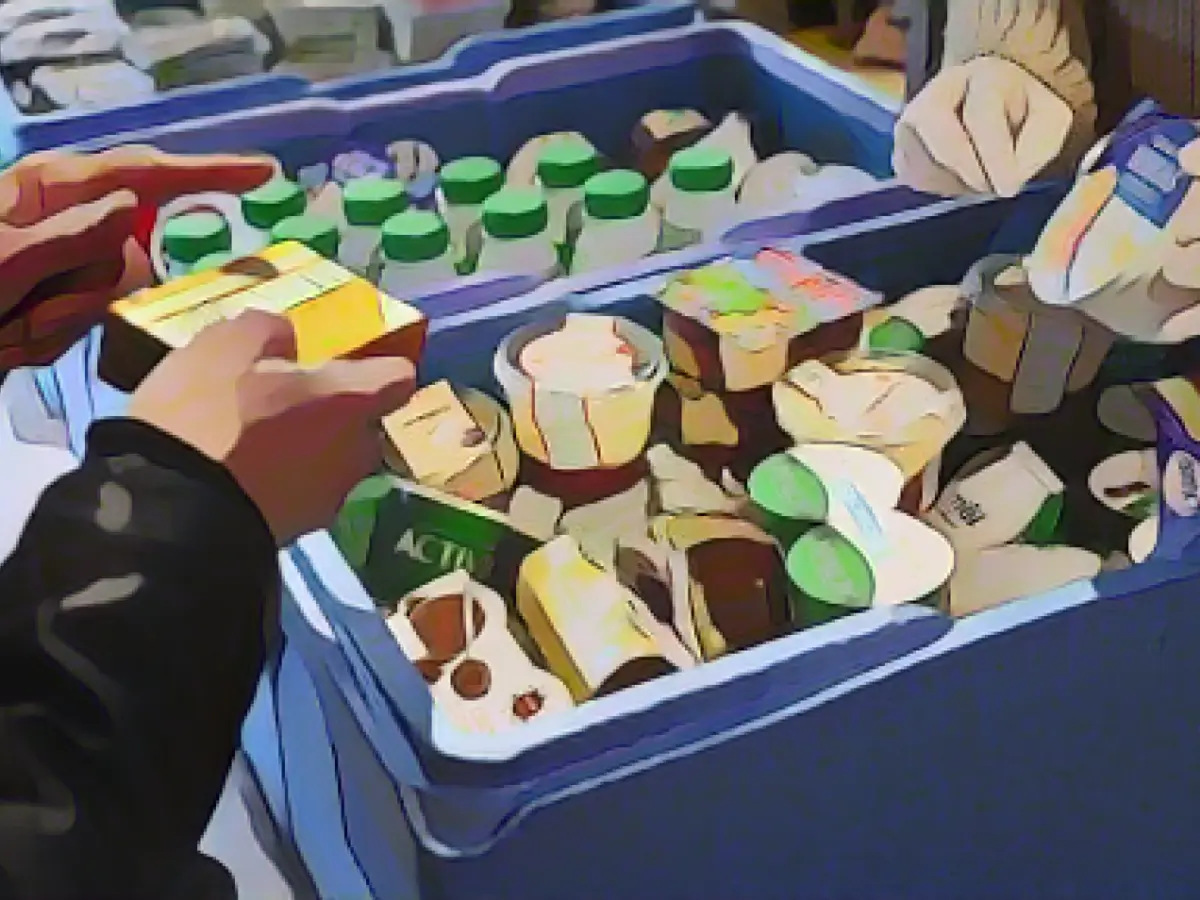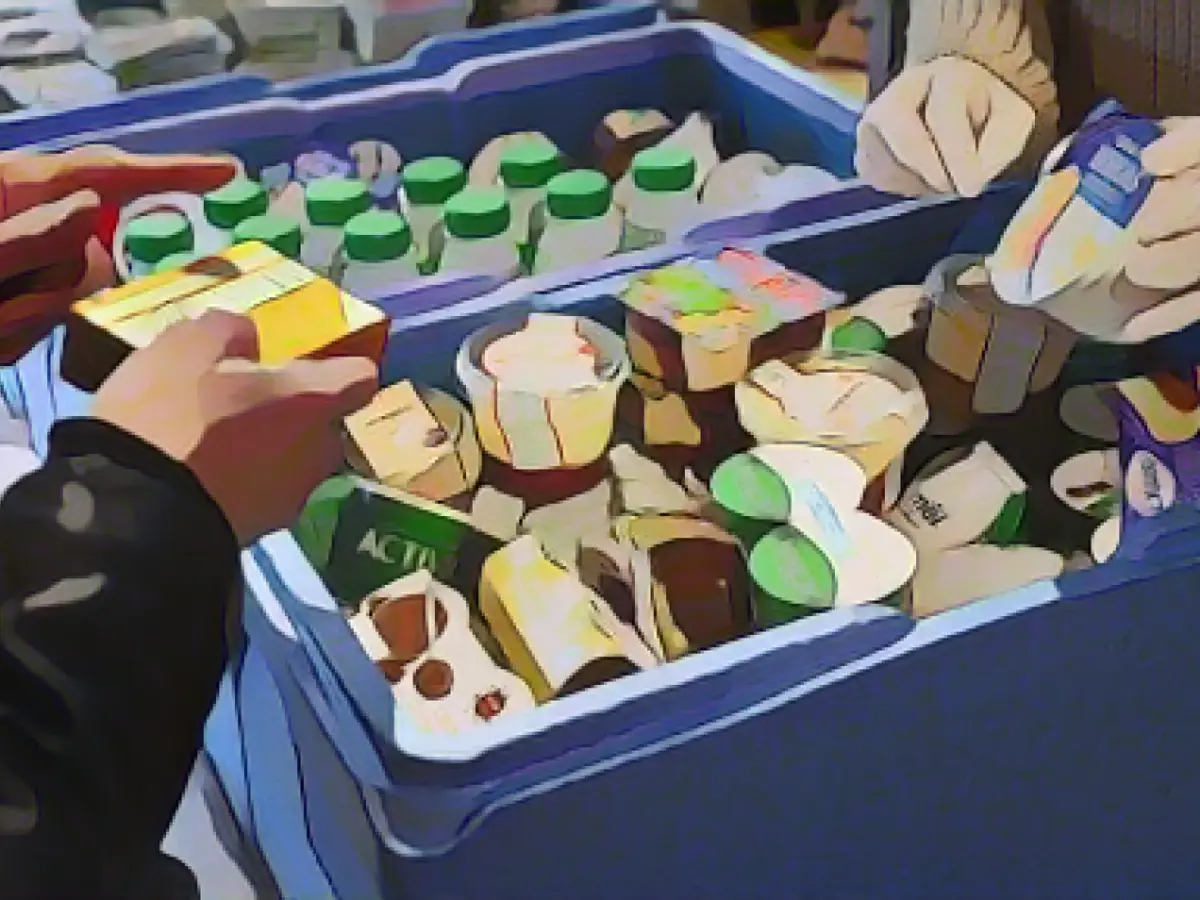Food Banks in Germany Struggling Amidst Increased Demand and Reduced Donations
The German food bank system is in a state of crisis, with demand soaring and donations remaining scarce. "Our food banks are operating in permanent emergency mode," said Andreas Steppuhn, Chairman of the German food bank association Tafel Deutschland, to German Press Agency.
Over the past few years, crises such as the war in Syria, coronavirus pandemic, and Russia's invasion of Ukraine have exacerbated poverty in Germany, driving more people towards food banks. According to Steppuhn, poverty in the country is on the rise, putting additional strain on food banks already struggling to keep up with demand.
The German food bank network comprises 973 organizations, supporting an estimated two million people. Since Russia's invasion of Ukraine in February 2022, food banks have reported an average 50% increase in customers. This surge is particularly noticeable in major cities, where inflation is putting a heavy strain on both individuals and the food banks themselves.
"Now we're not just aiding refugees," Steppuhn told German Press Agency, "but pensioners, single parents, and people with low income as well." Pensioners, in particular, have been hit hard by rising prices, leading them to turn to food banks for support.
Reducing food waste has become a hot topic in Germany, with supermarkets and discounters making strides towards more sustainable practices. However, this has had an unintended consequence on food banks – less food donations and a growing number of customers. In fact, staples like rice and pasta, which are typically donated less frequently, are now in high demand due to their long shelf life.
While public awareness campaigns and government support can help alleviate food banks' challenges, the issue of poverty in Germany remains deeply entrenched. "What we need from politicians is a comprehensive approach to addressing poverty rather than relying on food banks to shoulder the burden," said Steppuhn.
Beyond the Headlines...
To better navigate this challenging situation, food banks in Germany can employ various strategies to secure food donations and efficiently utilize resources:
- Diversify donations by encouraging direct contributions from individuals, businesses, and organizations.
- Form partnerships with other charities and community organizations to pool resources and ensure surplus food is utilized efficiently.
- Develop food recovery programs, such as using technology to connect with businesses and households that have surplus food, reducing waste, and securing fresh produce.
- Engage with local communities, raising awareness about food insecurity and encouraging volunteer participation in food sorting and distribution efforts.
- Adopt innovative storage solutions to maintain the quality of perishable items, ensuring that donations are not wasted.
- Seek financial support from government programs aimed at addressing food insecurity and inflation, as well as utilizing crowdfunding platforms for direct contributions.
- Prioritize local sourcing to reduce transportation costs and ensure timely delivery of fresh produce.
- Implement balanced nutritional programs, providing education on healthy eating and meal planning.
- Organize cooking workshops to teach recipients how to prepare meals using donated items, thereby reducing waste and enhancing nutritional value.
Implementing these strategies can help food banks remain resilient amidst the current challenges and effectively support their growing number of clients.
Related Articles:
Sources:







